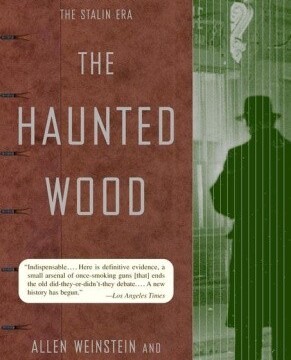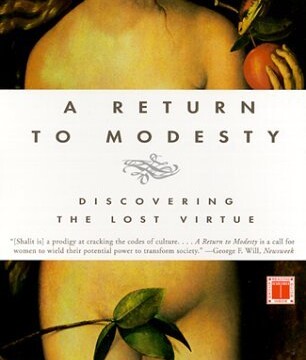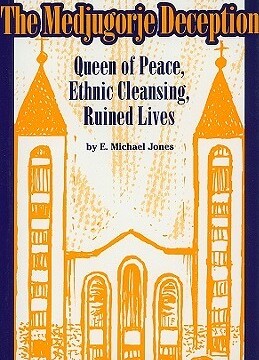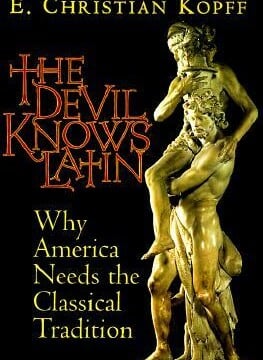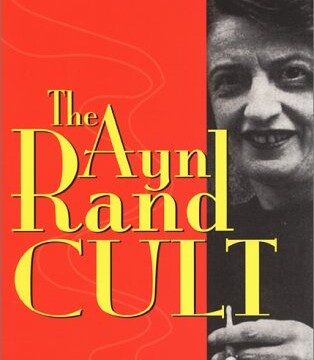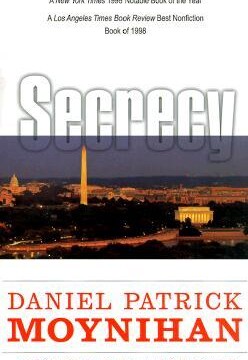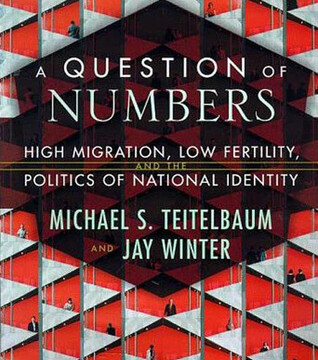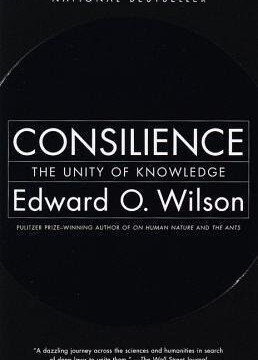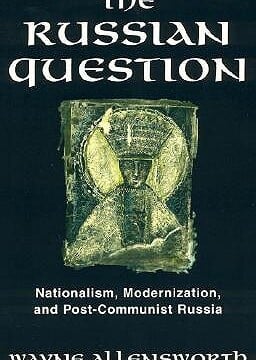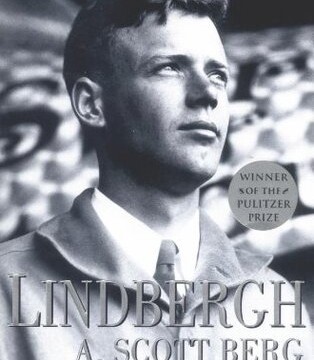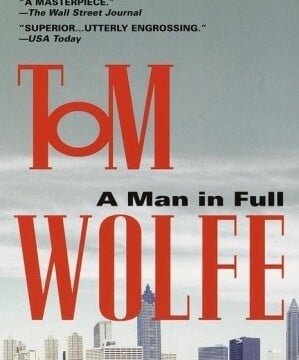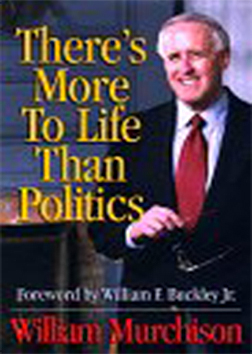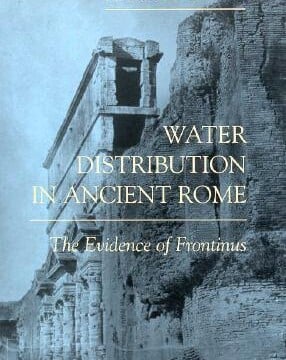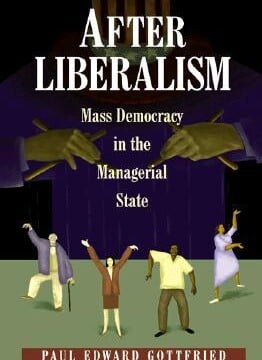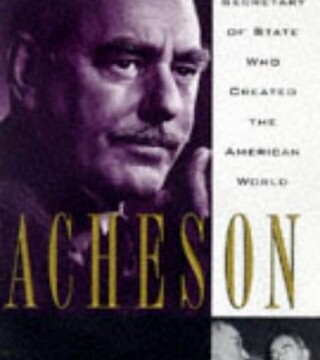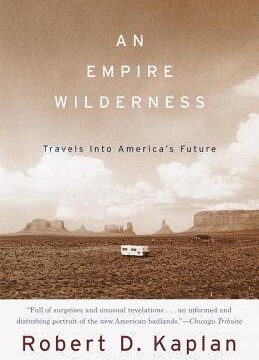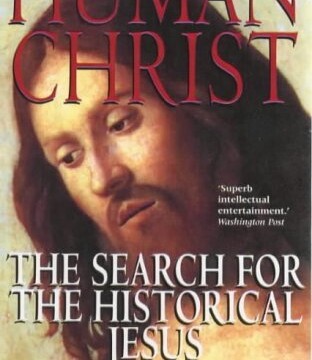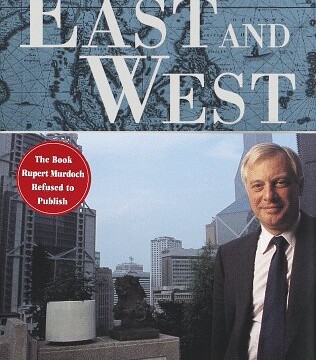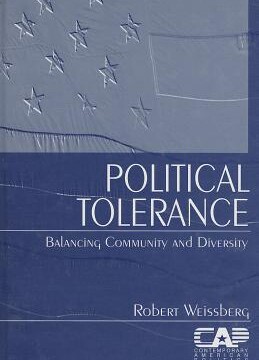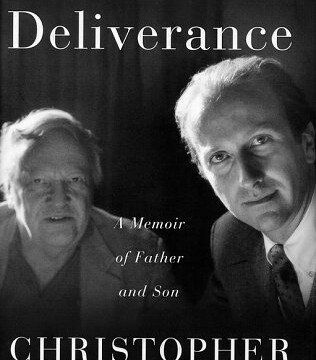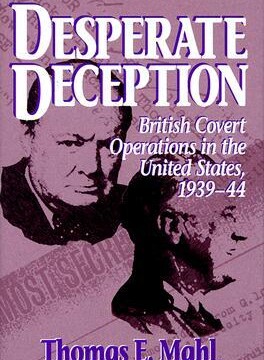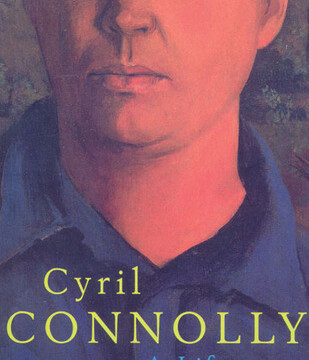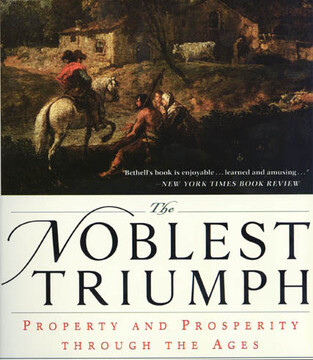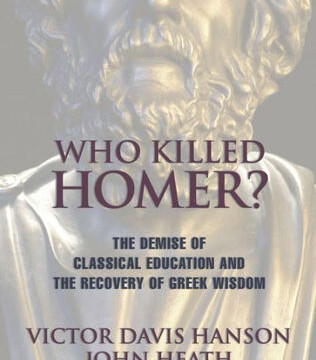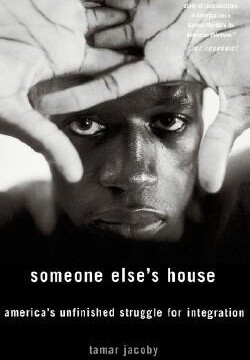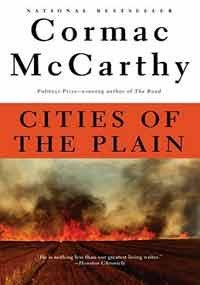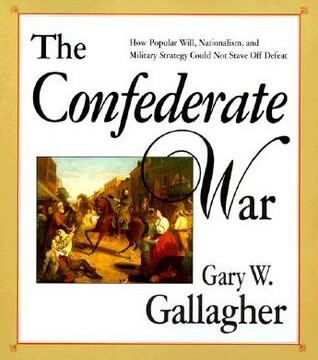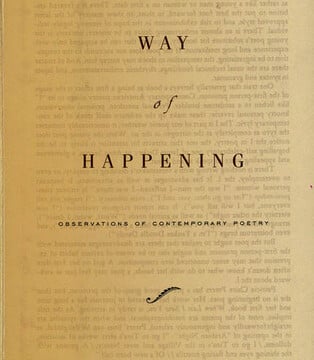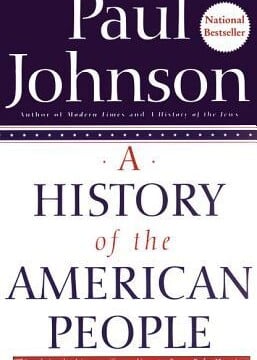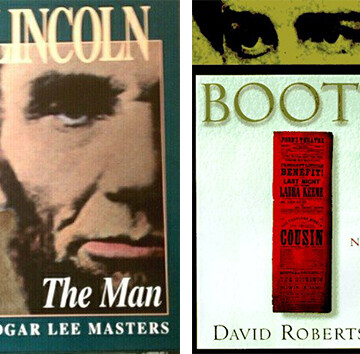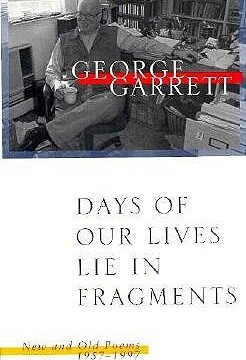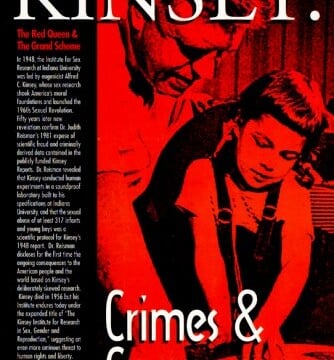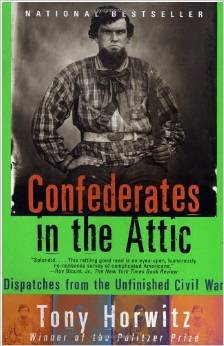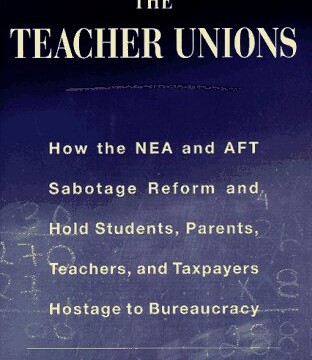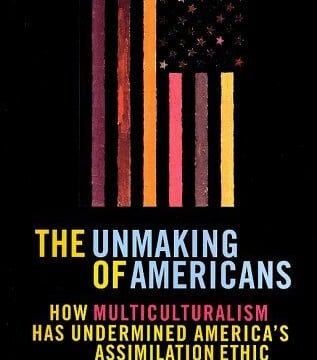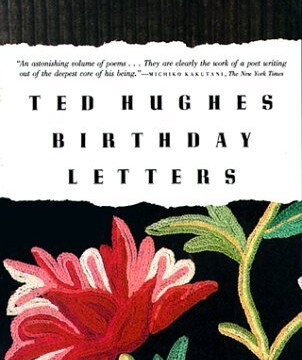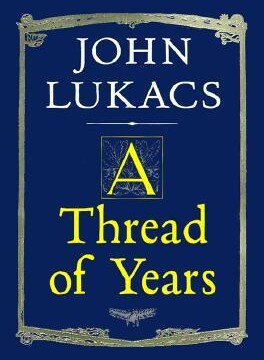In recent years, there has been a spate of valuable books on Soviet espionage, subversion, and penetration of the West—books inspired or prompted by the opening of Soviet secret files, the publication of the Venona intercepts (communications between Soviet agents and Moscow), and the writings of former KGB officials. Among these are Stephen Koch’s Double...
Category: Reviews
It Takes Smarm
Anyone entertaining an unpleasant thought about the Clinton White House is almost certainly a victim of the “vast right-wing conspiracy” which Mrs. Clinton (formerly Ms. Rodham-Clinton) has blamed for her husband’s travails. For many years, the Clintons have used the word “children” as an odd euphemism for “government,” Joycelyn Elders and Marian Wright Edelman being...
The First Philosophic Age
It can confidently be claimed—and has already been by several reviewers in the philosophers’ trade journals—that this book is absolutely indispensable to anyone wanting hilly to understand the whole range of Hume’s writings. That range includes much more than the Treatise, the two Enquiries, and the Dialogues—the four works normally studied in university courses in...
Occupied Territories
The introductory chapter of The Shadow University contains a powerful indictment of contemporary higher education. Kors and Silverglate get it right when they characterize university administrators as “careerists who have made a Faustian deal.” They are correct as well about the professorial, political, and cultural pressures that have turned institutions of learning into conduits of...
Natural Woman
Women of the younger, liberated generation have been raised to believe that being equal to men means being the same as men. Thus, they try hard to convince themselves that casual sex is harmless “fun” as long as they “play it safe.” In A Return to Modesty: Discovering the Lost Virtue, Wendy Shalit presents the...
Wonderful Illusions
“The remembrance of death, like all other blessings, is a gift of God: otherwise how is it that often when we are by the very tombs, we are left tearless and hard?” —St. John of the Ladder More than 20 years ago, I was counseled by an orthodox Roman Catholic professor...
The Secretary of Education Doesn’t
Monsignor Ronald Knox, when asked to conduct a baptismal service in the English language, replied that the Devil knew Latin, thus supplying a title for this lively, informative, and intelligent book. Many of its chapters have already appeared in periodicals, particularly Chronicles and Academic Questions. But five of them have been made by the addition...
Hojotoho! Hojotoho!
What is it about Ayn Rand that so fascinates her enemies as well as her admirers? Her two major novels, Atlas Shrugged (1957) and The Fountainhead (1943), are enduring pillars of popular culture. Her paeans to egoism make Nietzsche look like a piker, and, quite unlike that sickly aesthete, she had a life as dramatic...
The Secrets of Liberalism
“A secret may be sometimes best kept by keeping the secret of its being a secret.” —Henry Taylor I was reading his new book when Daniel Patrick Moynihan announced that he would not seek a fourth Senate term in 2000. A university professor who served in every administration from that of...
Our Demographic Destiny
If dispassion is the tone best suited for writing about contentious ethnic and demographic issues, this lucid survey of the numbers question across much of the Northern Hemisphere deserves every plaudit. With palpable restraint and sometimes maddening equivocation, demographer Michael Teitelbaum and historian Jay Winter survey the intertwined issues of birth rates, immigration, and other...
Biological Morality
Edward Wilson views the humanities today with alarm. In the hard sciences, the pursuit of objective knowledge remains the order of the day. Not so in literary studies, where deconstruction dissolves hard facts into arbitrary perspectives. Each author’s meaning is unique to himself, goes the underlying premise; nothing of his true intention or anything else...
Feeling Like Russians Again
“The status of the American Negro is that of an oppressed national minority, and only a Soviet system can solve the question of such minorities,” William Z. Foster, long-time chairman of the Communist Party, U.S.A., wrote in his 1932 book, Toward Soviet America. Accordingly, the right of self-determination will apply to Negroes in the American...
The Flight of the Lone Eagle
“There is a hawk that is picking the birds out of our sky. She killed the pigeons of peace and security. She has taken honesty and confidence from nations and men. She is hunting the lonely heron of liberty.” —Robinson Jeffers, “Shiva” The competition to be the first to traverse the Atlantic...
Mauve Gloves & Stoics, Thackeray, Wolfe
“The only reward to be expected from the cultivation of literature is contempt if one fails and hatred if one succeeds.” —Voltaire When Tom Wolfe’s The Bonfire of the Vanities came out in England more than a decade ago, I reviewed it in the Times with that special elation obscure Soviet...
Nolite Confidere in Principibus
Politics obsess Americans. Everything from a child’s education to medical care for the aged is now a political question—indeed, a national political question. Once upon a time, families chose how to educate their children and care for elderly parents, but in modern America this freedom is fast becoming passé. Trapped in the ephemeral world of...
Kreisleriana
Walking out of Maxim Vengerov’s recent recital at Avery Fisher Hall, I thought of the intermission more as a remission. At a bar in Penn Station a few minutes later, where I heard some Junior Wells on the sound system, the playing (if not the music) was better than anything that the violinist had given....
Filling a God-size Hole
During a BBC interview in 1984, Martin Amis (son of Kingsley) casually mentioned that he wished he could believe in God. “Do you really mean that?” his chat host asked, tossing his well-coifed locks in a show of secular amazement. With a sigh. Amis explained himself Without belief, what was there after all? One day’s...
The Source
Few patriotic odes are written to the water commissioners of great cities, but civilization rests in part upon a regular supply of water for drinking and agriculture. The rise of Rome can, in fact, be charted by the development of its system of water distribution. Down to the late fourth century B.C., Romans relied upon...
Force and Idea
“The tone and tendency of liberalism . . . is to attack the institutions of the country under the name of reform and to make war on the manners and customs of the people under the pretext of progress.” —Benjamin Disraeli Although Paul Gottfried begins his most recent book with what...
Present at the Deconstruction
James Chace’s biography of Dean J Acheson is a generally interesting book dealing with a provocative figure. What makes it less than engrossing is the predictability of Chace’s left-liberal judgments. Because of his pervasive bias, he never surprises: Republicans in the 1920’s were heartless plutocrats and dimwitted isolationists, against the working man and for tariffs....
Ah, Wilderness!
“Oh, for a lodge in some vast wilderness, Some boundless contiguity of shade, Where rumor of oppression and deceit, Of unsuccessful or successful war. Might never reach me more!” —William Cowper Having written books on the Balkans (Balkan Ghosts) and the most disorganized parts of Africa (The Ends of the Earth), Robert Kaplan, contributing editor...
In Our Own Image
Reading Charlotte Allen’s study, The Human Christ: The Search for the Historical Jesus, I was reminded of King of Kings, the Technicolor treatment of the New Testament I saw with some friends when it opened in 1961. On screen, Jesus turned out to be blue-eyed, square-jawed, and indisputably Californian. This was worth a smile. But...
The Lady From Niger
“There once was a lady from Niger Who smiled as she rode on a tiger. They returned from the ride With the lady inside And the smile on the face of the tiger.” —Ogden Nash Christopher Patten warns at the start that his engagingly written book is not a memoir. Though the core of it...
Psychological Phenomena
Robert Weissberg’s study of tolerance will not bring him academic good will, and the drab appearance of this volume will not attract a sufficient number of potentially favorable readers to make its author justly famous. So much the worse! The book is written with flair, even occasional humor, and offers riveting arguments regarding the changing...
Confidants of Blood
“If I do not remember thee, let my tongue cleave to the roof of my mouth.” —Psalm 137:6 This troubling memoir of James Dickey by his son, Christopher, is troubling as well for me to review because I knew James Dickey a little, and I greatly admire his work. Whether all the scenes in it...
A Beautiful Friendship
The story of their first meeting has been told so many times that it has become part of the folklore of modern Southern literature. One day, during the fall of 1924, Robert Penn Warren stopped by Kissam Hall on the Vanderbilt campus to visit his friend and classmate Saville Clark. With Clark was his new...
The British Were Coming!
“Oh, that deceit should steal such subtle shapes And with a virtuous vizard hide foul guile.” —William Shakespeare In the midst of his battle to save our old Republic and keep the United States out of World War II, John T. Flynn wondered about the true identity of his enemies. As...
The Fall and Rise of the House of Hardy
A noted Southern literary historian once took me to task for wasting time on polemics. The scholar’s task, he said, is to search out the facts and make coherent sense of them. In the long run, the truth of history would inevitably correct the fictions of ideology. At the time I was skeptical, and in...
A Rainbow Bridge
“What is there to say about someone who did nothing all his life but sit on his bottom and write reviews?” Thus the subject of this biography, who saw himself as a modern Sainte-Beuve, once excoriated Sainte-Beuve in a private letter. To his biographer, Cyril Connolly’s lament is so self-revealing, so emblematic of the life...
A Theory of Fairness
“Mine is better than ours.” —Benjamin Franklin Tom Bethell, here as often before, uses sturdy common sense to challenge experts in their own field. In a controversial article many years ago, he dared to suggest that evolutionary biologists have exaggerated the evidence for Darwinism. Though roundly criticized by supporters of orthodoxy,...
Scorched Earth
The great debate over the humanities curriculum is the one that never took place. What some disgruntled academics call “the traditional curriculum” is really the hopeless hodgepodge that was cobbled together in the period that stretches, roughly speaking, from the end of the Great War to the Vietnam era. The true traditional curriculum (that is,...
Georgics on My Mind
“Farmer-poet” is one of those hyphenated epithets that summons up a vision, and for most readers of American poetry that vision is embodied by Robert Frost, who, the legend has it, turned out memorable poems in spare moments stolen from apple-picking, wall-mending, and woods-stopping. But Frost, despite his undeniable poetic stature, was never much more...
Genius in the Making
In 1995 the University of Missouri Press published The Ghost in the Little House: A Life of Rose Wilder Lane by William Holtz, who made a small sensation by contending that everything that makes the famous “Little House” books remarkable and memorable was actually the work not of Laura Ingalls Wilder but of her daughter....
Cry, the Beloved Community
From the rave reviews in the Wall Street Journal and other vehicles of low-octane conservatism, it seems that Tamar Jacoby has produced a work for the ages. Like earlier marvels by Dinesh D’Souza, John J. Miller, and Francis Fukuyama, this study was made possible by funds flowing from neocon foundations, a gesture thoughtfully repaid by...
Experiencing Civilization
“The great difficulty in education is to get experience out of ideas.” —George Santayana When The Restoration of Christian Culture was first published in 1983, the Integrated Humanities Program, founded by John Senior and his fellow University of Kansas professors Dennis B. Quinn and Franklyn C. Nelick, had just had its...
Waugh After Waugh
When, after a stint in the British Army which left him crippled for life, Auberon Waugh went up to Oxford in 1959, by his own admission he knew nothing of the place apart from what he had read in his father’s novel, Brideshead Revisited, describing the Oxford of 35 years earlier—and in Sinister Street, portraying...
Beyond the Crossing
In Cities of the Plain, the final volume of McCarthy’s The Border Trilogy, John Grady Cole, principal character of All the Pretty Horses, joins Billy Parham of The Crossing in the West Texas-Juarez border world, both men a few years older but still managing to get into trouble. As in the earlier works, the reader...
An Honorable Defeat
Imagine America invaded by a foreign power, one that has quadruple the population and industrial base. Imagine that this enemy has free access to the world’s goods as well as an inexhaustible supply of cannon fodder from the proletariat of other countries, while America itself is tightly blockaded from the outside world. New York and...
Poetry Now
Fred Chappell’s A Way of Happening is a gathering of some 17 critical pieces, together with an important personal essay about teaching writing (“First Night Come Round Again”) and an essay-length introduction (“Thanks But No Thanks”), published between 1985 and 1997, all but three written expressly for and published by the Georgia Review. Chappell, author...
An American Bhagavadgita
“The United States of America—the greatest potential force, material, moral, and spiritual, in the world.” —G. Lowes Dickinson For Paul Johnson, American history was a non-subject in his days at Oxford and its School of Modern History in the 1940’s. “Nothing was said of America, except insofar as it lay on...
Greatheart!
“The ‘Tycoon.'” —J.G. Nicolay and John Hay (Secretarial nickname for President A. Lincoln) In the foreword to Brother to Dragons , Robert Penn Warren writes “historical sense and poetic sense should not, in the end, be contradictory, for if poetry is the little myth we make, history is the big myth...
A Generous Man
“Poetry is the language of a state of crisis.” —Stephane Mallarme One of the most important things to say about George Garrett is that his is a generous talent, not limited or confined by a narrow point of view. It is as though he has been searching for the meaning of...
The Smutty Professor
Fifty years ago, Indiana University professor Alfred Kinsey launched what was perhaps the first salvo in the Sexual Revolution. Sexual Behavior in the Human Male, the work of Kinsey, Wardell Pomero), and Clyde Martin, hit postwar America like a sucker punch. Claiming that 85 percent of American males engaged in premarital sex, 70 percent had...
Dixie Redux
In Maryland, one naturally associates historical reenactment with the Civil War. Yet the only reenactor I know eschews the Civil for the Revolutionary War because, he says, “I don’t reenact events where the people are still fighting the war. They might use live ammunition!” Tony Horwitz’s account of the South’s continuing preoccupation with the War...
Low-End Education
Not too far from my house in Phoenix, Arizona, stands a Christian school that may just say everything about the educational reform debate in this country—and why it is so often impossible to make any sense of it, in particular. One assumes that what this school has to offer is back-to-basics education, superior teachers, a...
Deconstructing America
“You can take a man out of a country, but you can’t take a country out of a man.” —Anonymous In Ed Wood’s notoriously bad 1950’s science-fiction movie, Plan Nine From Outer Space, there is a scene in which the film’s star, the decrepit Bela Lugosi, is shown walking into a...
The Leading Man
On June 16,1956, Ted Hughes married Sylvia Plath in London. He was a recent graduate of Cambridge University, working for the J. Arthur Rank Organization; she, a Smith College graduate at Cambridge on a Fulbright scholarship. Both were poets. The marriage lasted six years and produced two children. In late summer 1962 the couple separated,...
Beautiful Afternoons
“None of you has ever seen a gentleman.” —Charles Eliot Norton “You have been writing,” the author’s alter ego tells him at the conclusion of this book, “about the decline not of the West but of the Anglo-American upper class.” As A Thread of Years makes plain, however, the two entities...
Against the Racketeers
Albert S. Lindemann has touched raw nerves with Esau’s Tears. Playing on the rabbinic legend that the Messiah will come only when Jacob’s elder brother ceases to lament being cheated of his birthright—i.e., when the gentile nations no longer feel hatred for Jacob’s descendants — Lindemann offers a vue d’ensemble of modern anti-Semitism as a...
Pace, Pace Mio Dio
The outpouring of emotion caused by the recent death of Frank Sinatra may remind us of the power of music, and the particular power of the voice, to get under our skin. Sinatra hypnotized three generations with his smoothness, his rhythm, and his matchless enunciation—a notable achievement in English. But though the bobbysoxers called him...
